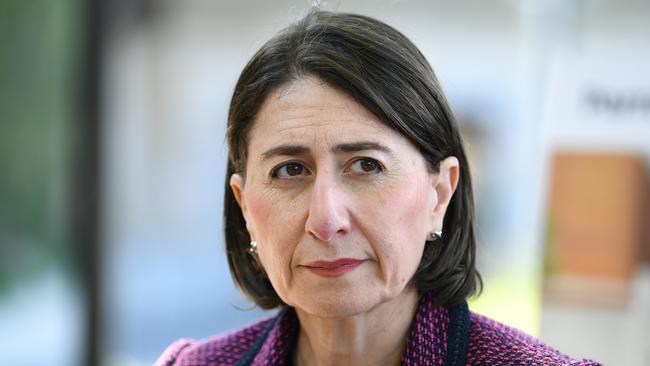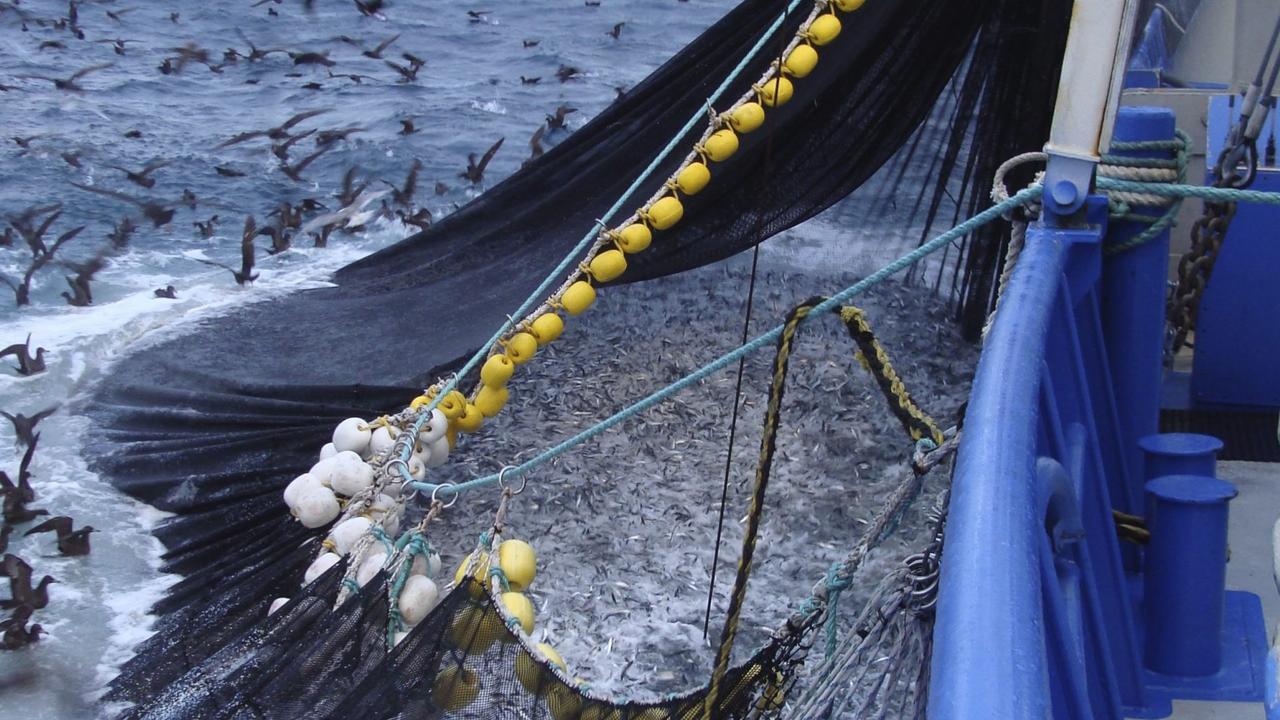Maths to be compulsory for all students
Mathematics will be compulsory for NSW students through to the end of Year 12 as part of a bold bid by the Berejiklian government.

Mathematics will be compulsory for NSW students through to the end of Year 12 as part of a bold bid by the Berejiklian government to ensure all students graduate with adequate numeracy skills.
In announcing the plan on Thursday, Premier Gladys Berejiklian will say the government will work to make maths compulsory from kindergarten to Year 12.
It comes just days after the release of a draft report from the NSW curriculum review, which has promised to refocus education on the core subjects of literacy, numeracy and science.
“We promised to take the curriculum back to the basics and today we are taking the first steps to deliver on that commitment by prioritising maths,” Ms Berejiklian will say.
“My vision is for every child in NSW to have the necessary maths skills to succeed in life, whether that’s managing home budgets or preparing them for jobs of the future in science, technology and engineering.”
While the government has yet to work out the details of the plan, students will not be required to study maths as part of their HSC.
Education Minister Sarah Mitchell said: “Whilst we would like to see all HSC students study a form of maths in Years 11 and 12 — this won’t involve forcing them to take maths as a unit of study for their HSC, nor will it necessarily count towards their ATAR.”
A trend of declining participation in maths — particularly in intermediate and extension-level subjects — in senior school years has long been a concern to educators and policymakers, with research by the University of Sydney finding that between 2001 and 2013 the proportion of HSC students not studying a maths subject tripled from 3.2 per cent to almost 10 per cent.
Maths is now compulsory only through to Year 10. As of September this year, 23 per cent of Year 12 students were not studying the subject as part of their HSC.
Declining engagement has coincided with Australia’s stagnating performance in the subject, sparking calls for policy action.
However, the proposal has attracted a lukewarm response.
The Australian Mathematical Sciences Institute’s schools program manager, Janine Sprakel, said that although it was a good idea to boost numbers studying maths, forcing all kids into the subject would not necessarily make them more “mathematically capable”. “There’s also the issue of where are all the teachers going to come from? Because at the moment we really don’t have the staffing to do it,” Ms Sprakel said.
University of Sydney education academic Rachel Wilson, who has conducted research on maths participation, said the policy would bring NSW in line with other nations that required mathematics to be studied through to secondary school graduation. But declining participation over the past decade meant there were fewer students with maths capabilities going into the teaching profession, she said. “The success of such a policy will depend on how it is integrated with other plans across education,” Dr Wilson said. “And it needs to be part of a long-term strategy.”
Australia’s Chief Scientist, Alan Finkel, who has called for more universities to make maths a prerequisite for course entry, said the subject was critically important because it was “the language of science, just as English was the language of discourse”.
“Both subjects are vital tools in the education of our community as a whole. In particular, well-developed mathematical skills are important for those who are interested in pursuing careers in science and technology, in economics and architecture, in engineering and medicine,” Dr Finkel said.


